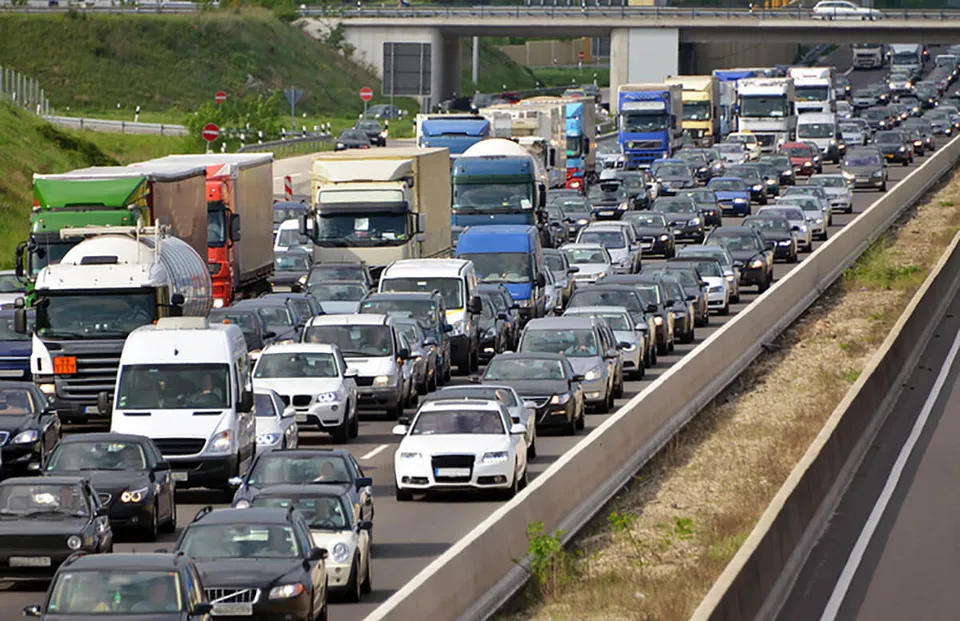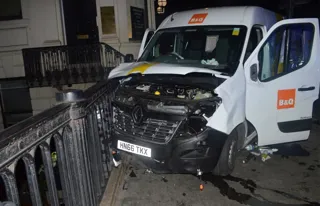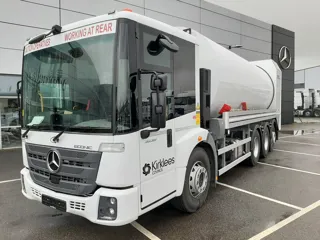New guidance has been published for fleets by the Government to minimise the risk of commercial vehicles being used in a terror attack.
The new standard has been published by the British Standards Institution (BSI) and sponsored by the Department for Transport (DfT).
It sets out a raft of security measures to prevent criminals and terrorists from accessing commercial vehicles, including vans, lorries, buses, coaches and cranes.
Transport Minister Robert Courts says the “vital new guidance” will help in the fight against terrorism and organised crime.
“I wholeheartedly support this move and the British Standards Institution in their important work,” he continued.
“Terror attacks and organised crime involving commercial vehicles have had tragic and devastating effects in recent years, with every life lost leaving an unimaginable void in the lives of so many.
“This Government will continue to work tirelessly to ensure the British public are kept safe.”
To meet the new standard, operators will have to improve their knowledge of potential risks and determine which of those risks apply to their business.
Furthermore, they must develop a security management plan, assess risk exposure and put in place management and accountability for security.
Other requirements will include checks of drivers’ references and previous employment history and also regular visual checks of vehicles for signs of tampering.
The Government says it is working with the fleet industry to develop accreditation and certification schemes for operators, with further details to be announced in due course.
Nick Fleming, head of mobility and transport standards at BSI, said that the new standard, developed with commercial vehicle operators, encourages good practice that could reduce the threat of vehicles in terror attacks.
“The standard highlights the growing importance of physical vehicle security measures to help prevent such criminal acts taking place,” he added.
Terror attacks on the public involving vehicles have had tragic consequences in recent years, including in the Westminster and London Bridge attacks of 2017.
In the wake of those attacks, three quarters (76%) of commercial fleet drivers said they would like training to deal with the threat of their vehicle being hijacked or stolen and used in a terrorist attack.
Ministers say that the new measures could also assist the fight against serious and organised crime, including helping to minimise the risk of drug and people smuggling.
In 2019, people smuggling resulted in the deaths of 39 Vietnamese nationals, whose bodies were found in a lorry container in Essex.
The new standard is targeted at operators of light and heavy goods vehicles, as well as those of public service vehicles and mobile plant, such as cranes and tip trucks.























Login to comment
Comments
No comments have been made yet.